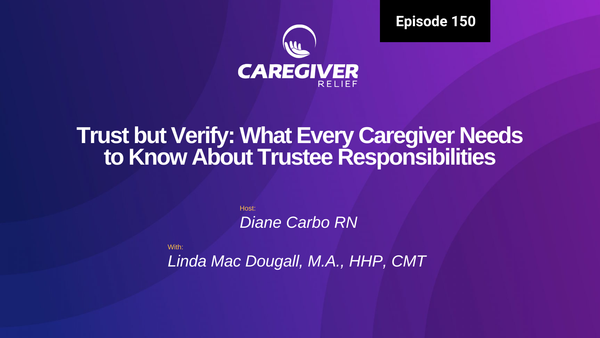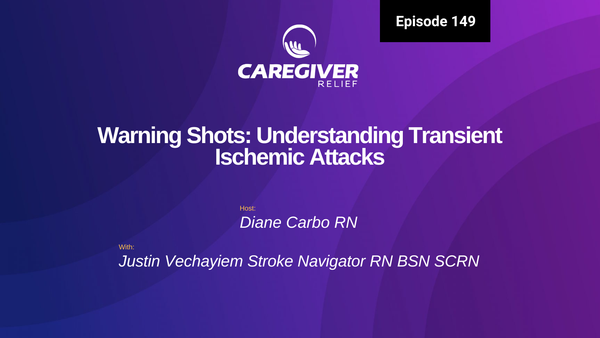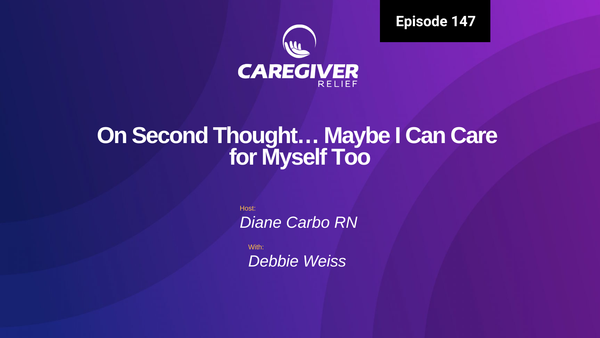Family Tree Research: How to Get Started
Uncovering the history of your family can be a rewarding hobby. Learn the basics of genealogy research, including key details to help you find your ancestors, online resources, and tips for staying organized.

Years ago, family tree research could be a time-consuming labor of love. Today, genealogy provides multiple levels of rewards, depending on how much or how little time you wish to invest in the hobby. Uncovering the roots of your family tree can be as easy as a mouse-click away.
What You Need to Know
The more details you have the better your chances of finding your ancestors:
- Surnames are an excellent starting point for family tree research. The more surnames from your ancestry you can include, the more results whether you are searching for information online or on foot.
- Dates - Birth dates, marriage dates, and death dates narrow searches even more.
- Location - If you happen to know the county and/or state of birth for a particular family member, then the range is narrowed yet again.
A good place to start is by talking to other family members and looking in important books handed down from generation to generation, such as a Bible or other religious publication. Even without extensive information, though, you can begin working on your personal genealogy.
Family History Forms
Genealogy is not just for royalty any more. With something as basic as a pedigree chart, you can begin to fill in the empty spaces of those who, until now, have remained mysteries wrapped in history. Genealogysearch.org is an excellent free family tree research source and get blank family tree research forms. Whether you keep your forms as a file on your computer, or print them and manually fill in the information, it is an important resource in staying organized.
Unlock the secrets of your ancestry with a clear understanding of DNA test terms and choices.
Before ordering your test, it's crucial to grasp the basics. Fortunately, there are resources available, such as "Trace Your Roots with DNA" by Megan Smolenyak and Ann Turner and "DNA and Genealogy" by Colleen Fitzpatrick and Andrew Yeiser, that provide a solid foundation. Don't forget to utilize the web as well, with sites like the International Society of Genetic Genealogy (ISOGG), the Journal of Genetic Genealogy, and the Guild of One-Name Studies, all offering valuable information and support.
To make the most of your DNA test, it's crucial to have a clear purpose in mind. With numerous tests and analyses available, it can be overwhelming to choose the right one. Determine what you want to discover, whether it's tracing your maternal roots or finding connections with people who share your surname. Additionally, consider the specific family line you want to explore, such as paternal or maternal. Understanding the different types of tests, such as Y-DNA, mitochondrial DNA (mtDNA), and autosomal DNA, will help you make an informed decision.
When selecting a testing company, take the time to research their offerings and understand the markers they test. If you join a surname study, make sure to compare your results with those of other participants by testing the recommended markers. If a relative has already taken a DNA test, using the same company can simplify the comparison process.
Once you've chosen a company and received your test kit, read the instructions carefully to ensure a good sample. Watch online videos and tutorials for additional guidance. Once you send in your sample, lab technicians will analyze the DNA to gather information about your markers. With this knowledge, you can unlock the mysteries of your genetic lineage.
Unveiling the Potential of Your DNA Test Results: Discover New Connections and Unleash Discoveries
Now that you have deciphered the intricate code of your DNA test results, it's time to unlock their full potential. If you are conducting a surname study, collaborate with the administrator to analyze your results within the group's larger context. They can provide insights on any matches, fascinating findings, and additional testing options worth exploring.
Take the opportunity to familiarize yourself with the testing company's website, features, and forums. Platforms like Ancestry.com allow you to link your family tree to your test results, granting access to interactive maps showcasing your ancestral birthplaces. Family Tree DNA and 23andMe enable you to download raw data, facilitating advanced analysis.
Discover the Power of DNA Testing
Unlock the secrets of your past, connect with relatives, and trace your family history with DNA testing. It's a thrilling journey that can break down brick walls in your research and provide answers about your ancestors. Plus, it's fun! Find out which test is right for you, how to make the most of your matches, and what those intriguing ethnicity results really mean.
Uncover New Leads with DNA Matches
Don't hit a dead end in your research! Use your DNA matches to generate new leads and overcome obstacles. Explore your matches' family trees to find common ancestors and valuable information. The more people who test, the more matches you'll discover, helping you learn even more about your heritage. Encourage your relatives to join in the testing too, solving family mysteries that your own DNA may not be able to.
Compare Your DNA Results to Your Family Tree
Even if you have a well-established family tree, your DNA results can reveal fascinating insights. Compare your genetic tree to your genealogical tree to see what DNA you inherited from different branches of your family. Explore the connections and discover the unique traits passed down through generations. It's a whole new perspective on your family history.
Unveil Your Ancestral Origins with Ethnicity Estimates
Get ready to be amazed by your ethnicity estimates! Find out where in the world your DNA comes from with colorful and captivating results. Discover your ancestral roots and how migration patterns shaped your genetic makeup. Keep in mind that these estimates are constantly evolving as more people test their DNA. They provide valuable clues to your heritage, but remember to consider other evidence as well.
Embark on an exciting journey of self-discovery through DNA testing. Connect with your past, uncover hidden stories, and celebrate your unique heritage. Get started today and unlock the mysteries of your DNA.
Online Communities
With as little as the names and basic information about your parents, a wealth of information is waiting to be discovered via online communities.

Ancestry.com is one of the most popular genealogy sites, stating they are the world's largest online family history resource. While offering basic, free searches, for a monthly subscription fee, you can access all American files.
For a larger monthly fee, they have a global membership, which lets you search records worldwide from participating countries. Birth records from Ireland or marriage dates from Germany have never been easier to find and add to your personal family tree research.
Another feature of this community is the ability to access public family trees of fellow members to the community. Personal stories and pictures of your closest relatives await your discovery.
Free Services
More and more counties across the country are allowing database searches of their public records. Familysearch.org is another excellent internet community, offering many search options at no charge. Associated with the Church of Jesus Christ of Latter Day Saints, known for their extensive, global genealogy project, this site is friendly and extensive.
Visiting a Family History Center (there are over 4500 worldwide) is an exciting prospect for an outing, and it is no longer necessary to be a member of the church to access their family history information. Visit https://www.familysearch.org to find a Family History Center near you.
Legitimacy
Finding family trees already completed online is exciting and saves you a lot of time and energy in doing the research yourself. But exercise caution and common sense. Even very credible sites, like ancestry.com do not validate the accuracy of member-created family trees. So, if you see you are related to King Henry VIII of England through a member-created pedigree chart, but can't find any historical or legal evidence to support the various branches of that tree, you'll still want to invest the time to secure copies of actual records. The most common avenues for proving your genealogy are via
- birth records
- marriage records
- census records
- death records
While family tree research is a hobby that transcends generations, filling in the puzzle pieces of your ancestry may come more naturally to seniors, because of the value of legacy.
Activities for senior citizens are important for good physical and mental health. This particular activity becomes a gift for the whole family. History is a precious gift, but personalized history is priceless.
Our Resources section can help you find the information and tools that you need. We have courses, videos, checklists, guidebooks, cheat sheets, how-to guides and more.
You can get started by clicking on the link below. We know that taking care of a loved one is hard work, but with our help you can get the support that you need.
Click here to go to Resources Section now!





